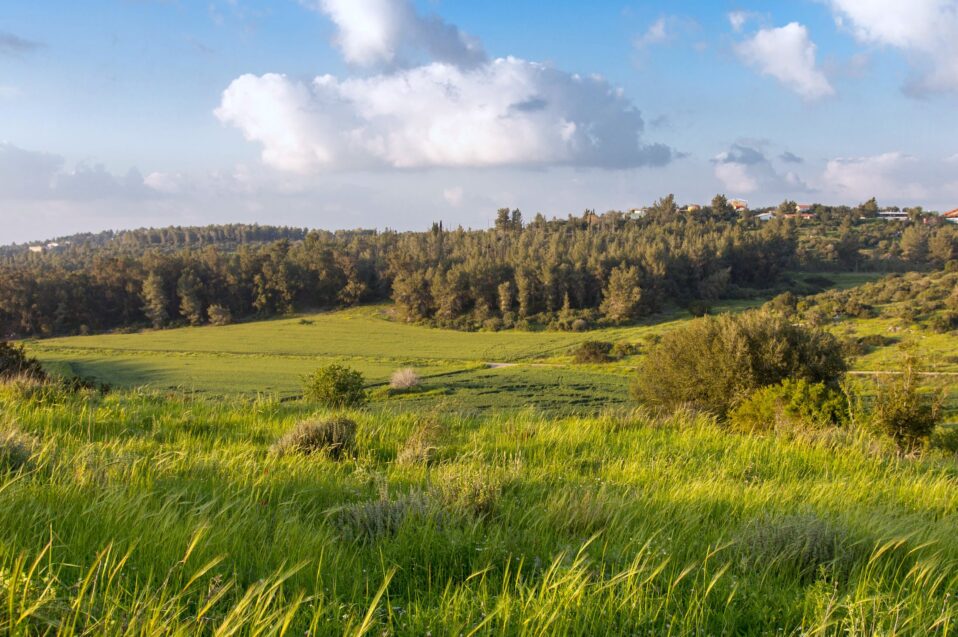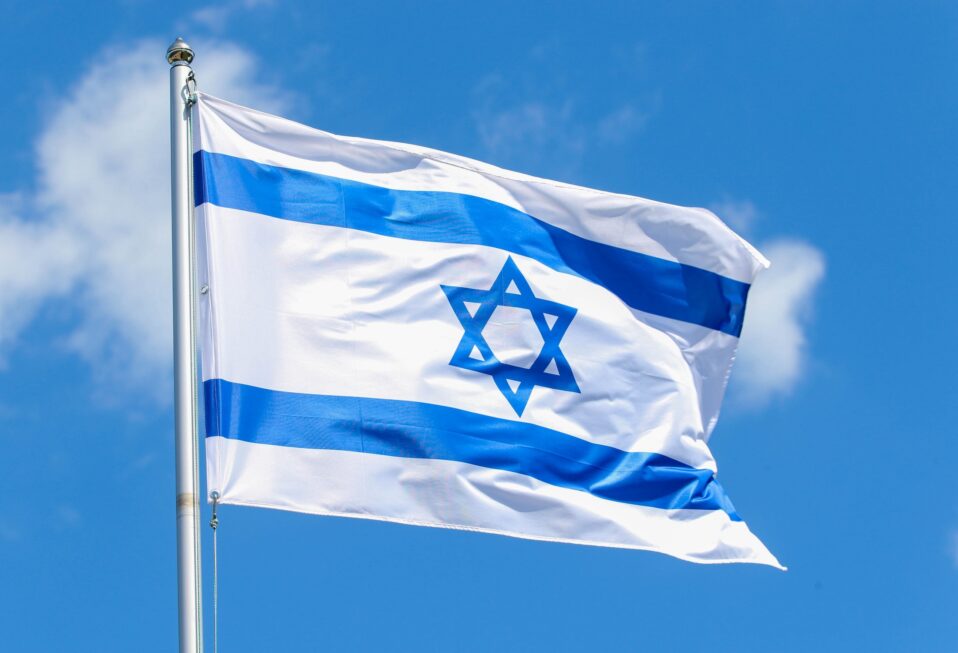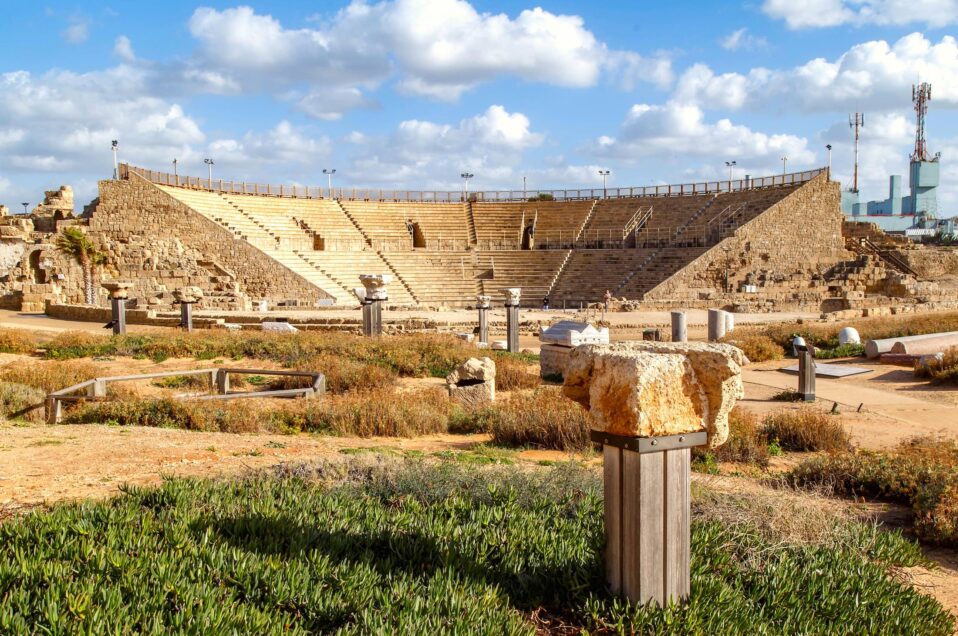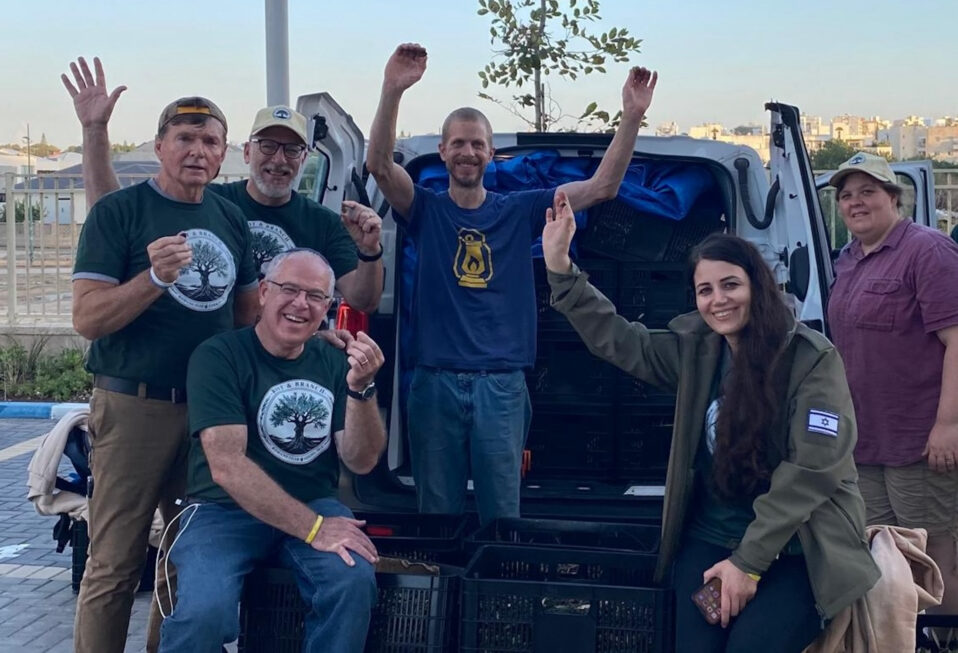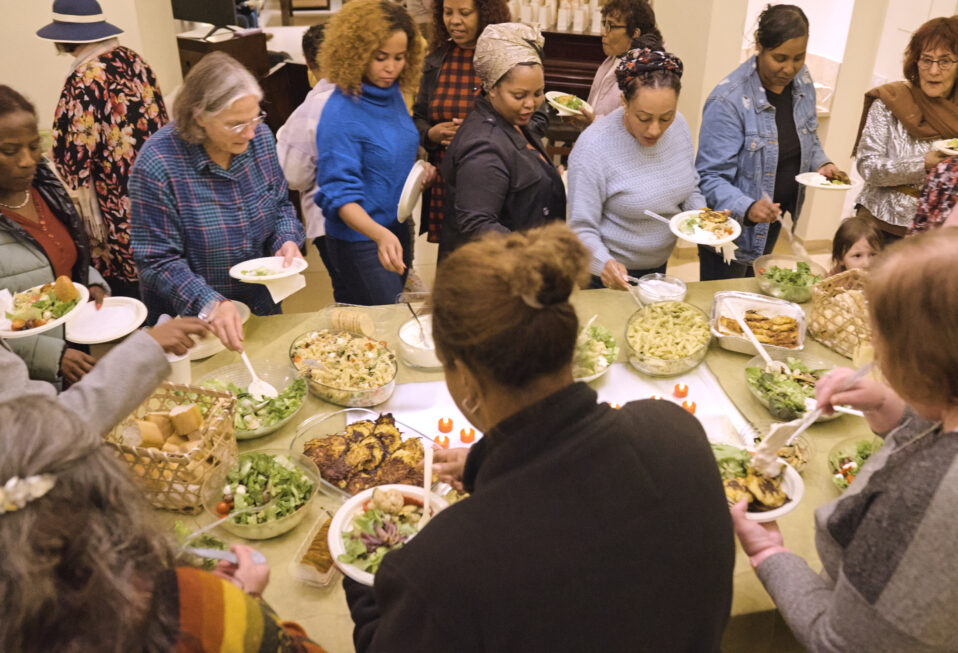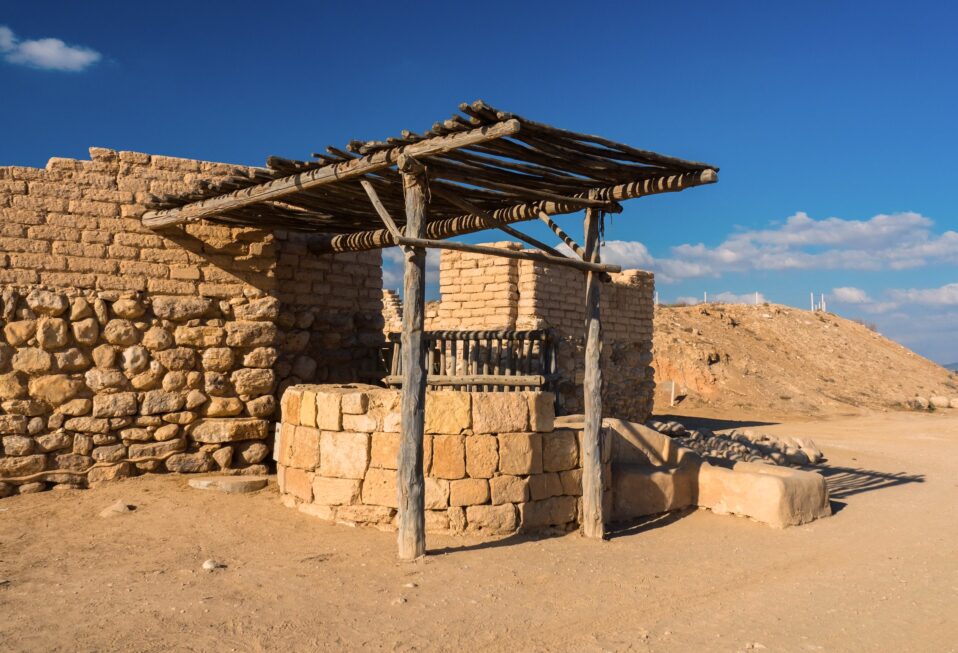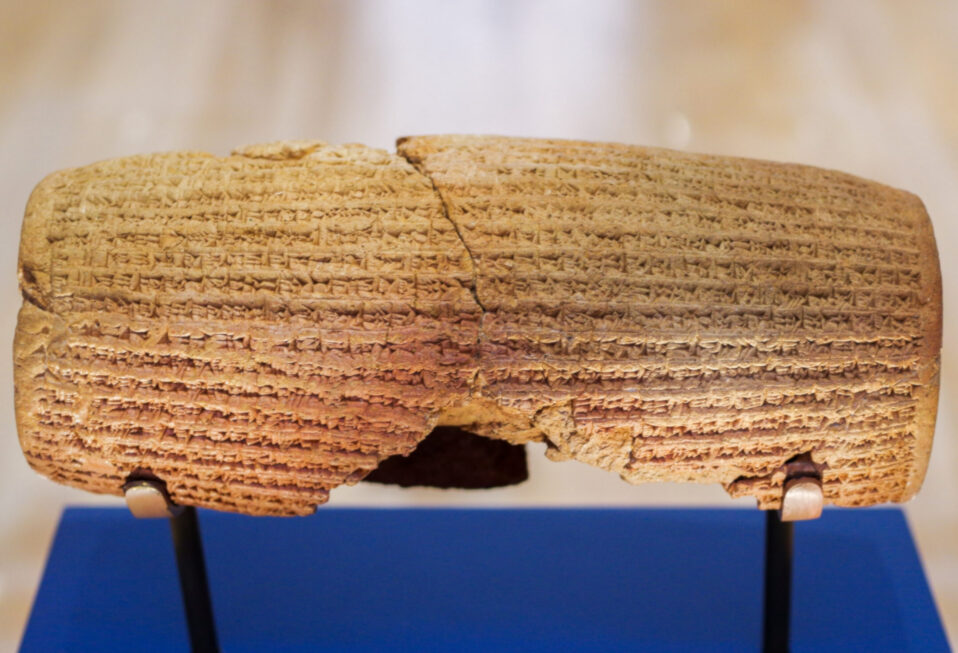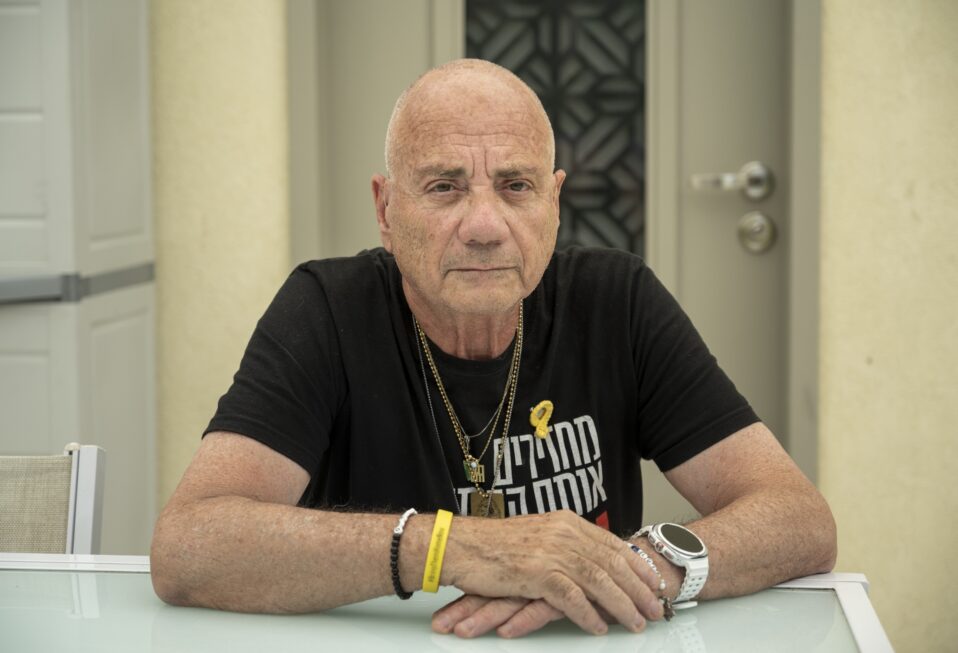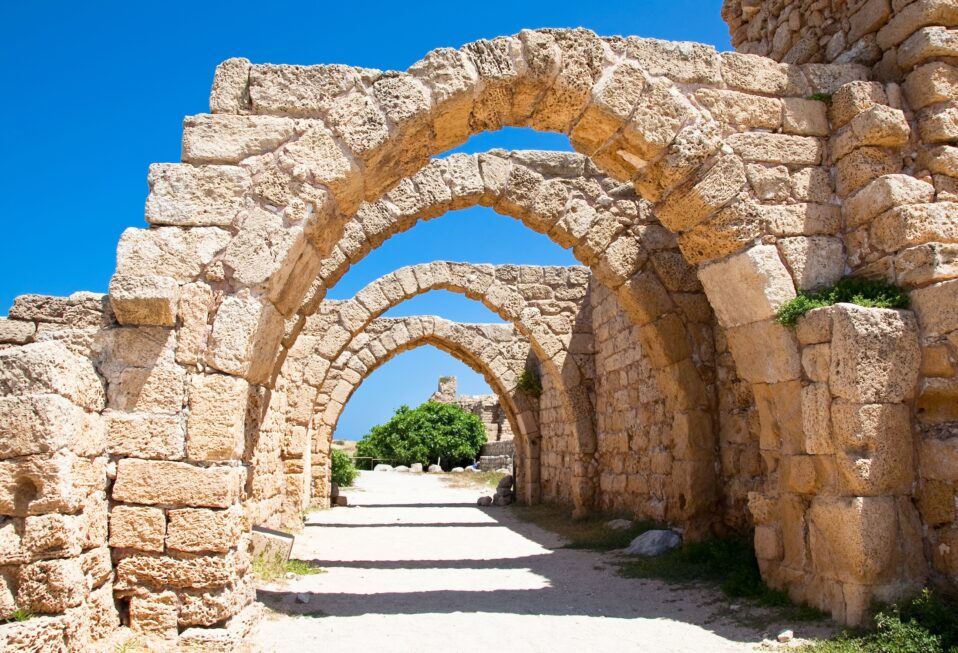By Arlene Bridges Samuels
I recently interviewed two remarkable friends whom I greatly admire, who are inaugurating an inspiring new project in Israel aptly named Root & Branch. Between November 17-27, 2024, they brought 18 Christian volunteers to Israel to help with the olive harvest—a trip with new dimensions and unexpected inspirations.
First, let me introduce Iranian-American Marziyeh Amirizadeh and Israeli-American Jonathan Feldstein, before outlining the surprises—both planned and sacred—with their newly formed Root & Branch project. The two connected on Marziyeh’s first trip to Israel in March 2023. Their friendship has since propagated Root & Branch, a collaboration that is expanding the profound truth and symbolism of Israel’s ancient olive tree.
The olive tree reflects the ancient Jewish faith described by the Jewish Apostle Paul in Romans 11, where he expressed that Christians are grafted into the covenant that God made with the Jewish people, that the root supports the branch.
Jonathan, a modern Orthodox Jew who is a father and grandfather, made Aliyah to Israel in 2004. He launched a non-profit U.S. foundation in 2017, Genesis 123, with the goal of building bridges between Jews and Christians to benefit Israel through cooperative projects and to build friendships. He is known for his podcast Inspiration from Zion—broadcast in 100 nations—along with almost too many cooperative projects to name. These include Run for Zion, raising money to help persecuted Pakistani Christians, warm jackets for Israel Defense Forces, and outreach to displaced Israeli families during the ongoing war. In 2023, he published Israel the Miracle to celebrate Israel’s 75th modern anniversary, which featured prominent pro-Israel Christian leaders. Jonathan is a gifted, energetic organizer and a prolific, sought-after media personality.
Marziyeh, who was born and grew up in Iran, encountered the Lord Jesus in a vivid dream. Her passion to share her faith with the Iranian people later manifested in her visionary idea: a covert distribution of 20,000 Bibles under the cover of darkness into mailboxes and other locations mostly in Tehran, Iran’s capital. Although sharing her faith was, and is, a capital crime instituted by the oppressive Islamic Regime, Marziyeh gave out the Bibles for three years.
Marziyeh was finally arrested and condemned to Iran’s notorious Evin prison, one of the world’s worst places to be incarcerated. Although suffering the traumas of food deprivation, abuse, and threats to execute her by hanging, amid the unimaginable horrors as a persecuted Christian, Marziyeh voiced her love and unwavering faith with the other imprisoned women.
Within these dark, dank, and putrid prison cells, God cultivated a church and new believers. Some were executed and some survived. After nine months, in 2009 Marziyeh was miraculously released following worldwide prayers and intervention from the U.S., U.N., and Vatican. In 2011, she immigrated to the United States and in 2016 became a citizen. Marziyeh has been interviewed in the media countless times in prominent outlets such as Fox & Friends, Mike Huckabee’s show, The Times of London, CBN News, Israeli TV, and more. You may read more in her books, Captive in Iran and A Love Journey with God, via her U.S. non-profit, NewPersia.org.
Marziyeh had longed to go to Israel since she met the Jewish Savior in the Islamic Republic years ago. Walking in Jesus’ footsteps gave her new dreams and plans. When Jonathan interviewed her, their friendship began, resulting in the cooperative project between Genesis 123 and NewPersia.org. Marziyeh founded NewPersia.org to advocate on behalf of persecuted Christians, empowering oppressed women, and dedicated to restoring relationships between Persians, Jews, and Christians.
As an Israeli, Jonathan admits that he “knew nothing about harvesting olives or making oil,” and Marziyeh knew she “could not do the project alone living in America.” With her big-picture vision for the trip and Jonathan’s expertise to make it happen on the ground, their cooperation began what I call “The Olive Tree Dream Team.”
The Root & Branch harvesting took place in Ashkelon National Park, southwest of Ashkelon on the Mediterranean and north of Gaza. Jonathan explained, “Imagine harvesting olives from trees hundreds of years old and near a 3,500-year-old Canaanite gate in the national park.” Often hearing the artillery of war in the background, Marziyeh observed that none of the team became afraid and she herself firmly trusted Jesus for safety as in her past. Jonathan noted that an 18-member group was “considered big during the war” and drew the attention of many inquisitive and appreciative Jews.
On November 18, the first morning of harvesting, a rainbow appeared in the Israeli skies. Marziyeh viewed it as an affirmation from God for Root & Branch. A second rainbow then appeared at the end of their day. For Marziyeh, the two rainbows held enormous meaning. The rainbows appeared exactly 15 years after her release from Evin Prison on November 18, 2009! When Jonathan shared the meaning of the number 18, life, Marziyeh was filled with gratitude once again—for her salvation and for God sparing her physical life.
After harvesting, the team shared meals with Israelis. The group met with one family whose loved one is still held captive in Gaza. Marziyeh grasped their hands and prayed for them with a deeply personal understanding as a former prisoner of the Islamic Regime. Another evening, the team hosted a meal for an elite IDF unit assigned in Gaza. Afterwards Marziyeh shared with the soldiers explaining, “I grew up in Iran under the Islamic Regime. I became a Christian and I was imprisoned. I want to apologize to you for having to leave your families to fight the Regime.” The IDF commander, who identified himself as a Christian, thanked her: “What you said and prayed as an Iranian, my soldiers will remember as long as they live.”
The Root & Branch team experienced amazing and varied moments. One rainy harvesting day, an Israeli official, Avi Dichter, came to greet them. A member of the Knesset, the agriculture minister gave them an excellent security briefing. Dichter is also the former head of Shabak, Israel’s General Security Service.
When Jonathan was researching a place to have the 1,000 kilos (2,204 pounds) of harvested olives pressed into oil, an earlier contact told him about a small olive press business in Latrun, about 15 miles west of Jerusalem.
Another sacred surprise occurred when they met the owner, an Arab Christian! He was excited to meet Marziyeh, Jonathan, and the Christian volunteers. He revealed that he too was a Christian. The olive presses were quite noisy but fascinated the group, who watched the entire process until the flavorful oil was ready. Jonathan took a video you may watch here.
The added dimension of an Arab Christian, with an Iranian Christian and a modern Orthodox Jew, can only be described as the hands of the God of Abraham, Isaac, and Jacob shaping the Root & Branch outreaches into an endeavor far beyond what was earlier envisioned.
Marziyeh’s vision extends to “not only building friendships between Jews and Christians but also restoring the friendship between Persians and Israelis. The combination is powerful.” She is quick to educate others, telling them that the “Iranian people themselves love Israel.”
When our lunch and interview concluded, Jonathan pulled out a bottle of their freshly harvested olive oil. I took a small piece of bread for a taste. Yes, it was truly more dynamic than any I have ever tasted. Plans will take place for anointing oil and other products to bless Israeli families who are rebuilding their lives. The Root & Branch collaboration promises to ripen into a powerful crop of friendships that will have a world-changing impact.
Jonathan and Marziyeh are already planning their next Root & Branch trip for 2025, during the October/November olive harvest time. Jonathan has received more than 100 inquiries so far and anticipates that busloads of volunteers will participate, including pastors and their tours—even if just for a day.
For more information, please email Root & Branch at rootandbranchisrael@gmail.com or visit their website: www.rootandbranchisrael.com.
Please join our CBN Israel team in prayer for Root & Branch, recalling Zechariah 4:10 (NLT): “Do not despise these small beginnings, for the LORD rejoices to see the work begin.”
Prayer Points:
- Pray for the new seeds scattered by Root & Branch.
- Pray for Marziyeh and Jonathan as they plan the next mission.
- Pray for the Arab Christian businessman and his community.
- Pray for Jonathan, his family, and Israel—now under fire for almost 15 months.
Arlene Bridges Samuels is the weekly feature columnist for CBN Israel since 2020. Working on the staff of the American Israel Public Affairs Committee (AIPAC) as their SE Regional Outreach Director for nine years, International Christian Embassy Jerusalem USA engaged her as the Leadership Outreach Director part-time for their project American Christian Leaders for Israel. Arlene is an author at The Blogs-Times of Israel, is published at AllIsrael.com and The Jerusalem Connection, and has traveled to Israel since 1990. By invitation, she attends Israel’s Government Press Office Christian Media Summits as part of Christian media worldwide. In 2024, Arlene and her husband Paul co-authored Mental Health Meltdown: Illuminating the Voices of Bipolar and Other Mental Illnesses. www.TheMentalHealthMeltdown.com.


